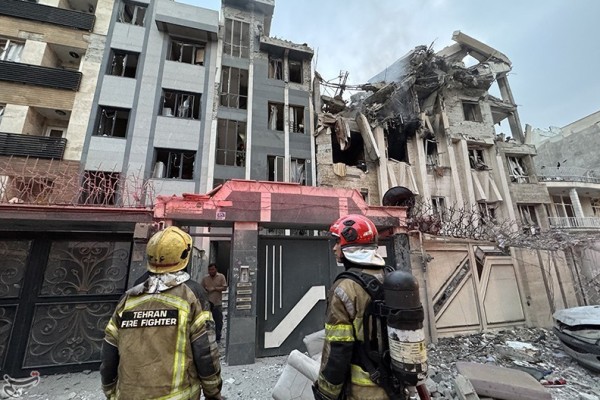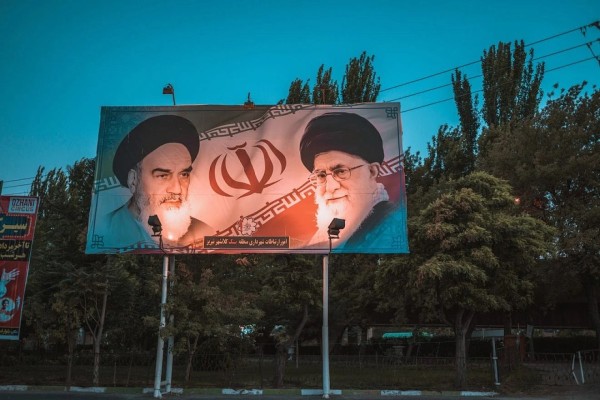Afghanistan calling!

Former Taliban fighters return weapons as part of a reintegration program. Photo by isafmedia.
Afghanistan calling! Ten plus years ago, the United States (oops, NATO) invaded Afghanistan and quickly won the war against the militarily (technologically) inferior Taliban government. Taliban fighters fled to Pakistan. Washington and its allies followed their victory by quickly losing the occupation challenge. As George W. Bush and company invaded Iraq, the Taliban crept back from Pakistan and undid the US war victory. So, some 250,000 troops (mostly American) and contractors (American-paid) still occupy that much invaded but never truly conquered country.
Alexander the Great invaded twice (330 and 327 BC) and soon died in Iraq of “Baghdad tummy.” Some 20-plus centuries later the English unlearned Alex’s lesson. They marched (big mistake) on Kabul. They took losses and finally withdrew in frustration.
In the twentieth century, the Soviets spent a decade of failure trying to subdue CIA-backed Afghans. Washington cheered and its generals thought they could do better than the Soviets. But after ten years of occupation, the United Nations reported higher civilian and military casualty rates than in preceding years—and with no clear road to meeting any realistic goals. The West set out to build “our kind of third world nation”—one with a bare façade of democracy, like elections that pass minimal scrutiny.
Similar to the Vietnam scenario of the 1960s and 1970s, US forces trained vast numbers of local cops and troops—some who don’t enjoy fighting potential brothers; others occasionally use their training and weapons to kill US and NATO soldiers.
Once again (Vietnam?), nation building re-entered the US vocabulary. Fighting goes with making an infrastructure and inculcating modern values like women’s rights, but the military comes first, so Afghan women wait and their babies die prematurely at world record rates for lack of care (funding). Some still get stoned for offenses (acting like women) that confound Westerners. Indeed, Afghanistan has always confounded the invaders from afar.
We obviously have a more rational society. Look at the facts. Despite overwhelming public disapproval, Congress, between 2001-2008, allocated some $100 million a day for military purposes in Afghanistan. But all the NATO countries combined managed to cough up a whopping $7 million a day for non-military aid.
Congress feeds $120-plus billion a year into the Afghan operation—far more than the Afghan national budget—so that we can show results: Tens of thousands of wounded and dead. No NATO control. Our President there (Hamid Karzai) may win a place in the Guinness Book of Records for corruption. Under his supposed rule elections proved his country had copied US democracy: low turn out and vote-rigging, like Florida in 2000.
Our 10 years of paying for and training Afghan cops and spooks have also produced other dubious results unless one favours hanging detainees by their hands, beating them with cables, and twisting “their genitals until the prisoners lose consciousness.”
The New York Times, citing a UN report (October 10), stated that such torture occurs systematically at “these sites run by the Afghan intelligence service and the Afghan National Police.”
NATO officials admit they knew of the abuses and in the summer stopped sending prisoners to some of the torture sites. But they did not make it public. US officials denied knowledge and continued to pour money into the very system that produced the routine torture.
Did US trainers close their eyes and ears? Or did US complicity coincide with possible benefits “from information obtained from suspects who had been tortured?” (New York Times, October 11, 2011)
The UN Convention Against Torture prohibits the transfer of a detained person to the custody of another state where there are substantial grounds for believing that the detainee is at risk of torture.
“Use of interrogation methods, including suspension, beatings, electric shock, stress positions and threatened sexual assault is unacceptable by any standard of international human rights law,” the report said (Alissa J. Rubin, New York Times, October 11, 2011). Did someone in the US command forget to read that?
US collaboration with other allies like Uzbekistan, Pakistan, Colombia and El Salvador have raised similar issues (2006 RAND Corporation report), but when it comes to war it’s “allies first, UN conventions second.”
October 7 marked the 10th anniversary of the invasion. Afghanistan has not achieved stability. In September, a suicide squad attacked near the US embassy in Kabul. Under NATO occupation, opium production has increased—up 60 percent next year, according to experts. President Obama, who received detailed reports on the non-progress, faces the dilemma posed to all presidents who want to pull out but can’t. He hears Republicans—even those who demand he withdraw—in the upcoming election campaign shouting: “He’s weak. He lost the war.”
Like those in Luis Buñuel’s “The Exterminating Angel,” US presidents feel trapped by circumstances of their political reality—or political stupidity.
If he does withdraw now Obama will have nothing to show for all the death and destruction, not even the impending Turkmenistan-Afghanistan-Pakistan-India (TAPI) pipeline, due to commence in 2012, and start oil flow in 2014. Without NATO forces there, forget it! A year before elections, presidents do what’s good for their re-elections. These choices do not coincide with what’s good for the poor dogs fighting that war—or for the American psyche.
Saul Landau’s “Will the Real Terrorist Please Stand Up” is available on DVD at cinemalibrestore.com. The film plays at Pomona College on Nov 2. He is an Institute for Policy Studies fellow.










